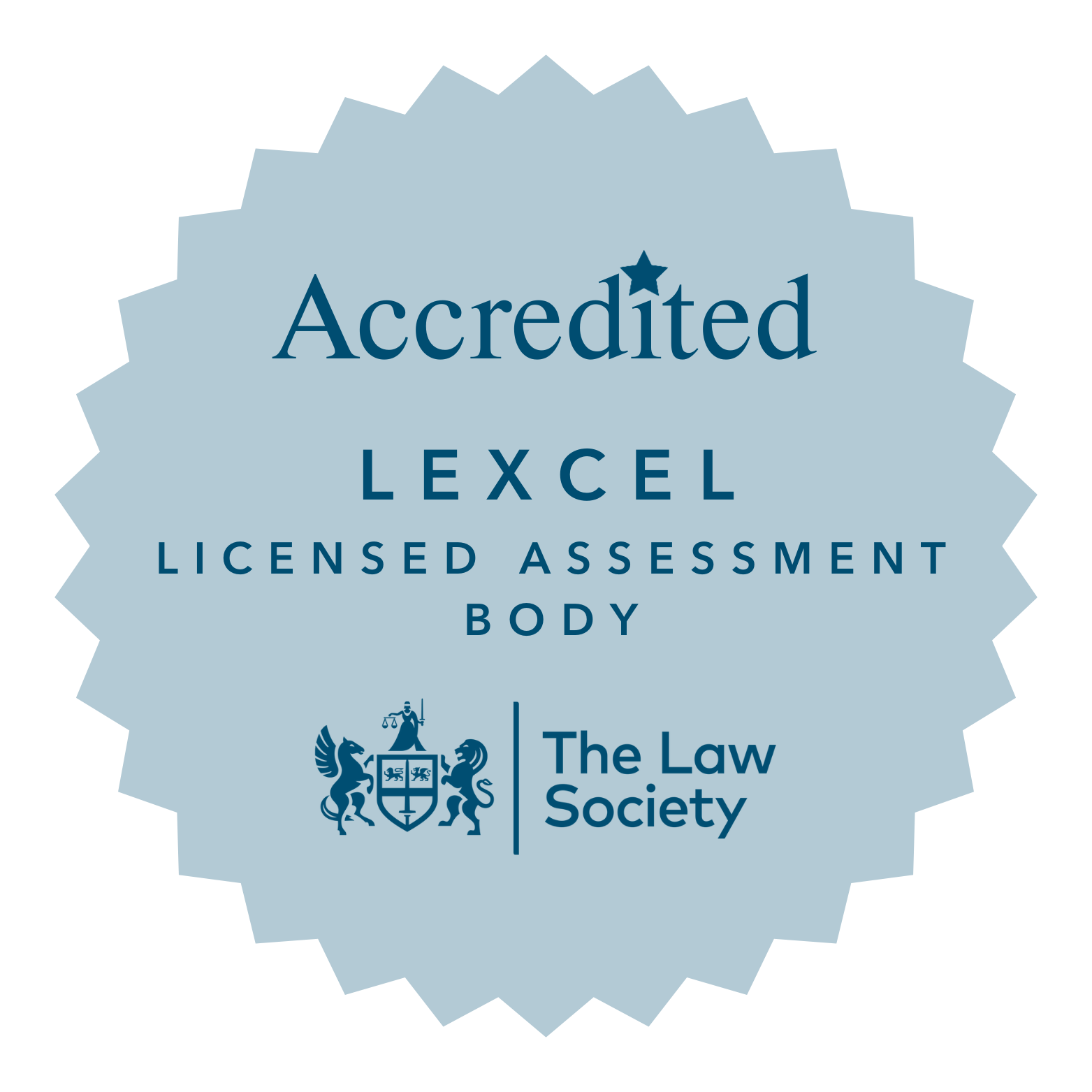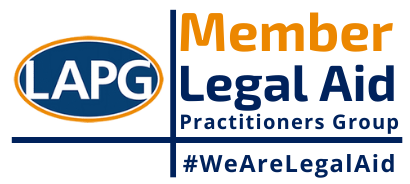What is an intermediary?
An intermediary helps a vulnerable person communicate during court proceedings, ensuring they understand what’s being said and their words are accurately expressed. This support is crucial for individuals with learning difficulties, cognitive impairments, or other communication challenges, and ensures that they are able to fully participate and express their needs within the court proceedings.
An intermediary’s function is to:
- Communication questions put to a witness or party;
- Communicate to any person asking such questions the answers given by the witness or party in reply to them; and
- Explain such questions or answers so far as is necessary to enable them to be understood by the witness or party or by the person asking such questions.
The level of support an individual needs from an intermediary will very much depend on their needs and circumstances. An intermediary can provide support during meetings with solicitors as well as during the court hearings.
To instruct an intermediary, it must be considered ‘necessary’ for a party to participate effectively, and ultimately for the court to resolve the proceedings.
But what does ‘necessary’ mean?
In simple terms, necessary means necessary. It should be understood as an ordinary English word, and should not be overcomplicated. In the case of Re H-L (A child), Sir James Munby endorsed the meaning set out in Re P (Placement Orders: Parental Consent) [2008] EWCA Civ 535, which said that necessary “has a meaning lying somewhere between ‘indispensable’ on the one hand and ‘useful’, ‘reasonable’ or ‘desirable’ on the other hand”, having “the connotation of the imperative, what is demanded rather than what is merely optional or reasonable or desirable.”
So, what must the court have regard to when determining if an intermediary is ‘necessary’?
This is set out extensively in the Family Procedure Rules at 3A.7, where it states that when deciding to make participation directions, the court must have regard in particular to:
- the impact of any actual or perceived intimidation, including any behaviour towards the party or witness on the part of—
(i) any other party or other witness to the proceedings or members of the family or associates of that other party or other witness; or
(ii)any members of the family of the party or witness; - whether the party or witness—
(i)suffers from mental disorder or otherwise has a significant impairment of intelligence or social functioning;
(ii)has a physical disability or suffers from a physical disorder; or
(iii)is undergoing medical treatment; - the nature and extent of the information before the court;
- the issues arising in the proceedings including (but not limited to) any concerns arising in relation to abuse;
- whether a matter is contentious;
- the age, maturity and understanding of the party or witness;
- the social and cultural background and ethnic origins of the party or witness;
- the domestic circumstances and religious beliefs of the party or witness;
- any questions which the court is putting or causing to be put to a witness in accordance with section 31G(6) of the 1984 Act( );
- any characteristic of the party or witness which is relevant to the participation direction which may be made;
- whether any measure is available to the court;
- the costs of any available measure; and
- any other matter set out in Practice Direction 3AA.
Ultimately, the appointment of an intermediary will be fact-sensitive, and will depend on the assessment of the relevant circumstances of this individual, and the circumstances of the particular family proceedings. Any difficulties an individual faces must be considered in the context of the proceedings they face.
Has there been any recent case law in relation to the use of intermediaries?
In West Northamptonshire Council (acting via Northamptonshire Children’s Trust -v-KA and NH (Intermediaries) (2024) , Lieven J considered the main criminal authority in respect of intermediaries, namely the Court of Appeal decision in R v Thomas (Dean) (2020) and advised that it would be ‘exceptionally rare’ for an intermediary to be appointed for an entire trial. An intermediary should not be appointed merely to improve the court process, but only if there are ‘compelling’ reasons to do so.
In this matter, Lieven J determined that a deaf intermediary was necessary for the mother, given her significant communication challenges including her deafness. A hearing intermediary would not be sufficient due to the specific interpretation issues associated with British Sign Language.
When determining whether to appoint an intermediary, the judge must have regard to whether other adaptations will adequately meet the individual’s needs to ensure their effective participation in proceedings, which will often involve participation directions.
The court has decided an intermediary is not necessary, so what else can be done?
If the court determines that an intermediary is not necessary, other options are available to assist a vulnerable individual. The Family Procedure Rules place a duty on the court to consider whether a person’s vulnerability will diminish their ability to participate in the court proceedings. If so, the court must consider whether it is necessary to make participation directions to ensure their effective involvement.
Participation can include the following:
- Whether an individual understands the proceedings, and their role in them, when in court;
- Whether an individual can put their views to the court;
- An individual’s ability to instruct their representatives before, during and after the hearing;
- Whether an individual can attend the hearing without significant distress; and
- An individual’s ability to give evidence.
What participation directions could the court put in place for a parent?
The directions the court may make can be wide and varied and will depend on an individual’s needs. Options include the court making a direction in relation to the structure and the timing of the hearing such as breaks, the formality of language to be used in the court, the use of shortly phrased questions, and whether (if the facilities are available) the parties should be able to enter the court building through different routes or use different waiting areas.
If the court decides that a vulnerable individual should give evidence to the court, the court must consider the best way in which that person should give evidence. A ground rules hearing will be required, and directions will be given as to the conduct of the advocates, and to put any necessary support in place for that person. This could include any questions being asked by one advocate, or whether the topics or questions should be agreed ahead of the hearing. For more guidance, please consider PD 3AA para 5, which can be found here.
Has there been any recent guidance from the courts on working with individuals with learning difficulties?
In the matter of XX, YY and Child H (Rev1) (2022), which involved a mother with learning and cognitive difficulties and was represented by the Official Solicitor, Knowles J provided guidance on handling care proceedings for a parent with a learning disability.
The Judge highlighted the importance of the Good Practice Guidance on Working with Parents with a Learning Disability, and that this should be provided to both social workers for children as well as adult social care workers, as this had not been done in this case.
Additionally, parents with learning difficulties should be referred to adult social care in their own right, and this should involve meaningful social work, not a referral without follow-up. For parents with learning difficulties whose children are on child protection plans, an advocate should be assigned as soon as possible.
Finally, there should be two documents given to parents with learning difficulties – one detailing the support available to them personally, and another outlining the support available for them with the care of their own child too.


